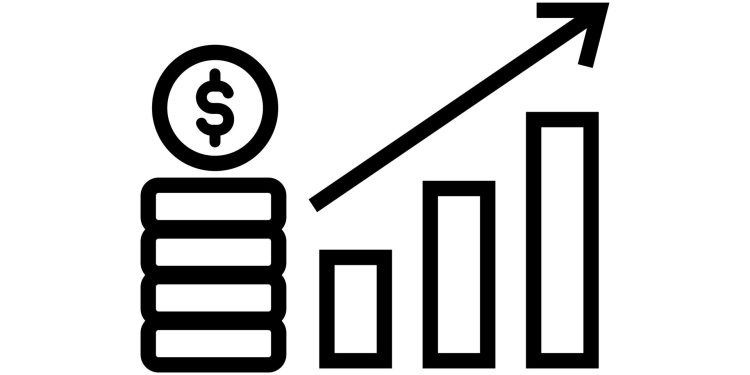The decision to purchase a car is significant, with financial considerations playing a pivotal role. This article delves into the deliberation of buying a car with cash versus opting for financing in the context of the South African market. We aim to guide prospective car buyers toward an informed choice by examining the advantages, disadvantages, and key factors.
The Cash Advantage
Opting to buy a car with cash provides an immediate financial advantage. With no monthly loan payments, buyers can avoid interest charges and own the vehicle outright. This route simplifies the ownership process and offers security without the burden of ongoing debt.
The Financing Approach
Financing a car purchase involves spreading the cost over time, which can be especially beneficial when buying a more expensive vehicle. In South Africa, numerous financial institutions offer competitive interest rates, making financing an attractive option for those who prefer to manage their budget with predictable monthly payments.
Considering Interest Rates
Interest rates are a critical factor in the decision-making process. In the case of financing, the interest rate directly affects the total amount paid for the vehicle over the loan term. It’s essential to compare interest rates from different lenders and calculate the long-term cost before committing to a financing arrangement.
Impact on Credit Score
Financing a car purchase involves a credit check, and timely loan repayment can positively influence the buyer’s credit score. However, missing payments or defaulting on the loan can have adverse effects. On the other hand, paying with cash has no direct impact on credit scores but might deplete available cash reserves.
Flexibility and Ownership
Buying a car with cash provides the freedom of ownership without binding agreements. However, financing allows for more flexibility in budget management, enabling buyers to allocate funds for other essential needs while enjoying the benefits of vehicle ownership.





